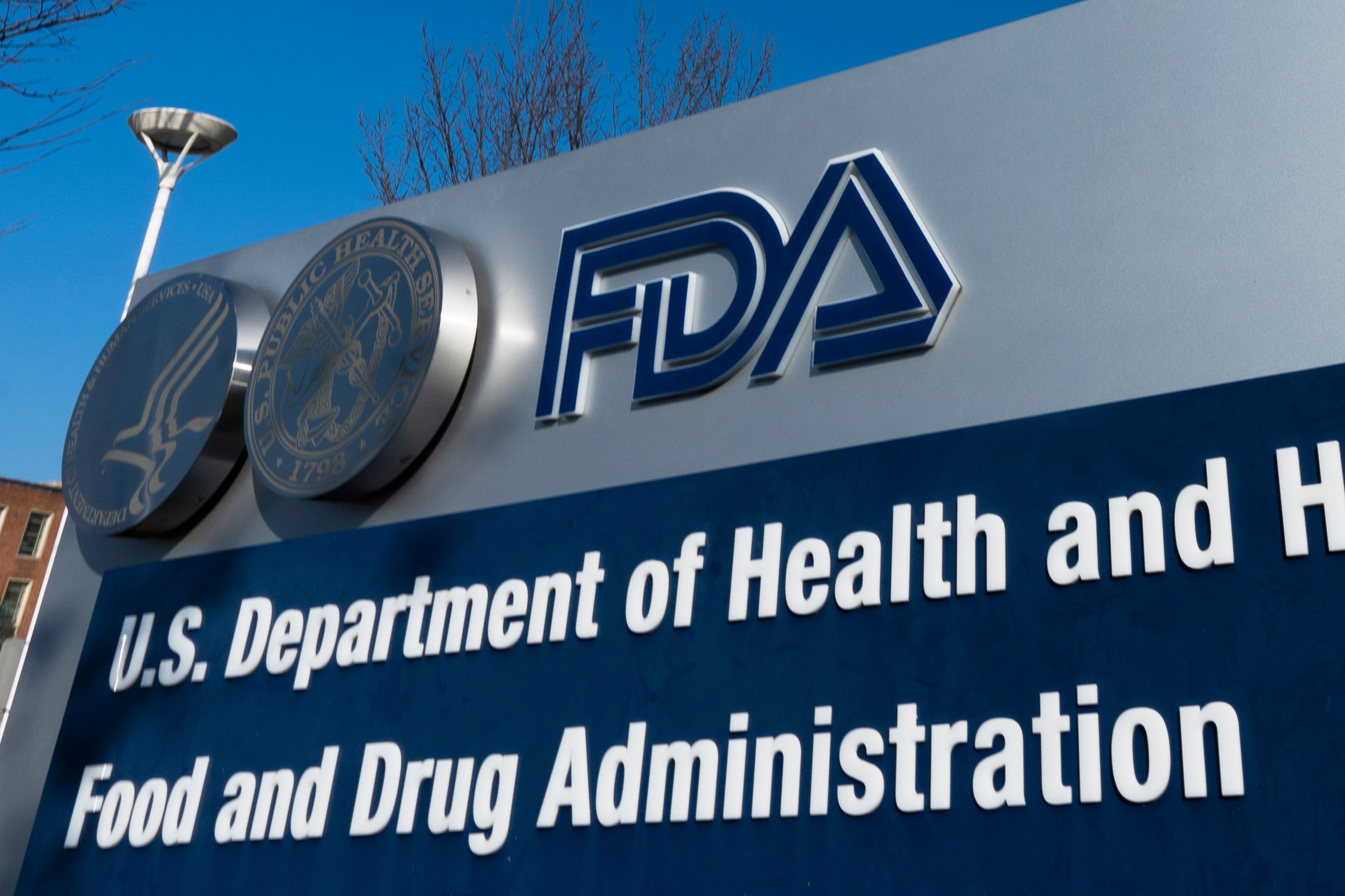FDA brings lab tests under federal oversight in bid to improve accuracy and safety
The Food and Drug Administration has finalized a rule to regulate medical tests that have long escaped oversight

Makers of medical tests that have long escaped government oversight will have about four years to show that their new offerings deliver accurate results, under a government rule vigorously opposed by the testing industry.
The regulation finalized Monday by the Food and Drug Administration will gradually phase in oversight of new tests developed by laboratories, a multibillion-dollar industry that regulators say poses growing risks to Americans. The goal is to ensure that new tests for cancer, heart disease, COVID-19, genetic conditions and many other illnesses are safe, accurate and reliable.
“The final rule announced today aims to provide crucial oversight of these tests to help ensure that important health care decisions are made based on test results that patients and health care providers can trust," said FDA commissioner Robert Califf, in a release.
Califf said inaccurate tests can lead to unnecessary treatment or delays in getting proper care.
But in a significant move, the FDA decided that the tens of thousands of tests currently on the market will not have to undergo federal review. The agency said it will essentially grandfather those tests into approval to address concerns that the new rule “could lead to the widespread loss of access to beneficial” tests.
Under the government's plan, newly developed tests that pose a high risk — such as those for life-threatening diseases — will need to be FDA approved within 3 1/2 years. Lower risks tests will have four years to obtain approval.
The FDA already reviews tests and kits made by medical device manufacturers.
But labs, large hospitals and universities that develop their own in-house tests have been able to market them without each one undergoing agency review. The industry has resisted additional scrutiny for decades, saying it will stifle innovation and drive up costs.
There are an estimated 80,000 medical tests currently available from about 1,200 labs, according to the agency's estimate. They include tests for complex diseases, as well as simpler conditions like high cholesterol and sexually transmitted infections.
In the 1970s and ’80s, most lab-based tests were “lower risk, small volume” products used mostly for local patients, according to the FDA.
Over time, the tests have grown into a nationwide business, with labs processing thousands of blood, urine and other samples per week from hospitals and clinics. Others advertise directly to consumers — including some claiming to measure the risk of developing ailments like Alzheimer’s and autism.
FDA officials have long voiced concerns about the accuracy of some tests, pointing to patients who have received inaccurate results for heart disease, Lyme disease and other conditions. Inaccurate tests can lead to patients getting an incorrect diagnosis, skipping treatments or receiving unnecessary medication or surgery.
More than a decade ago, the agency drafted tougher guidelines for the industry, but they were never finalized. For years, U.S. labs have successfully lobbied Congress and other federal institutions against tougher regulation.
When FDA released a draft of the new rule last September, a leading industry group argued the agency did not have legal authority to step into the testing market.
The American Clinical Laboratory Association said Monday it “has grave concerns about this rule as a matter of both policy and law. The rule will limit access to scores of critical tests, increase health care costs, and undermine innovation in new diagnostics.”
The group represents large testing chains such as Quest Diagnostics and LabCorp, as well as smaller labs and test makers.
___
The Associated Press Health and Science Department receives support from the Howard Hughes Medical Institute’s Science and Educational Media Group. The AP is solely responsible for all content.
Bookmark popover
Removed from bookmarks